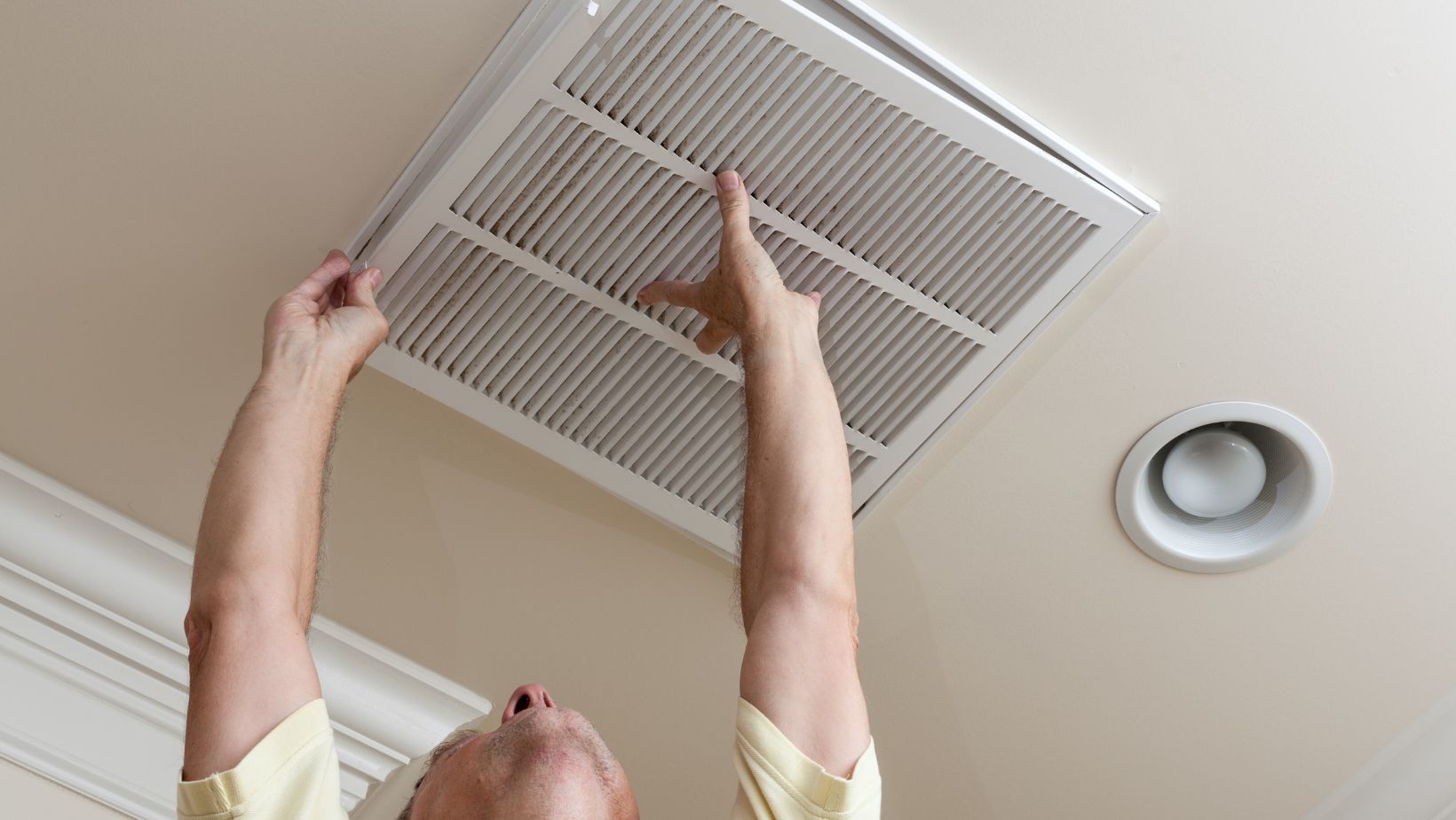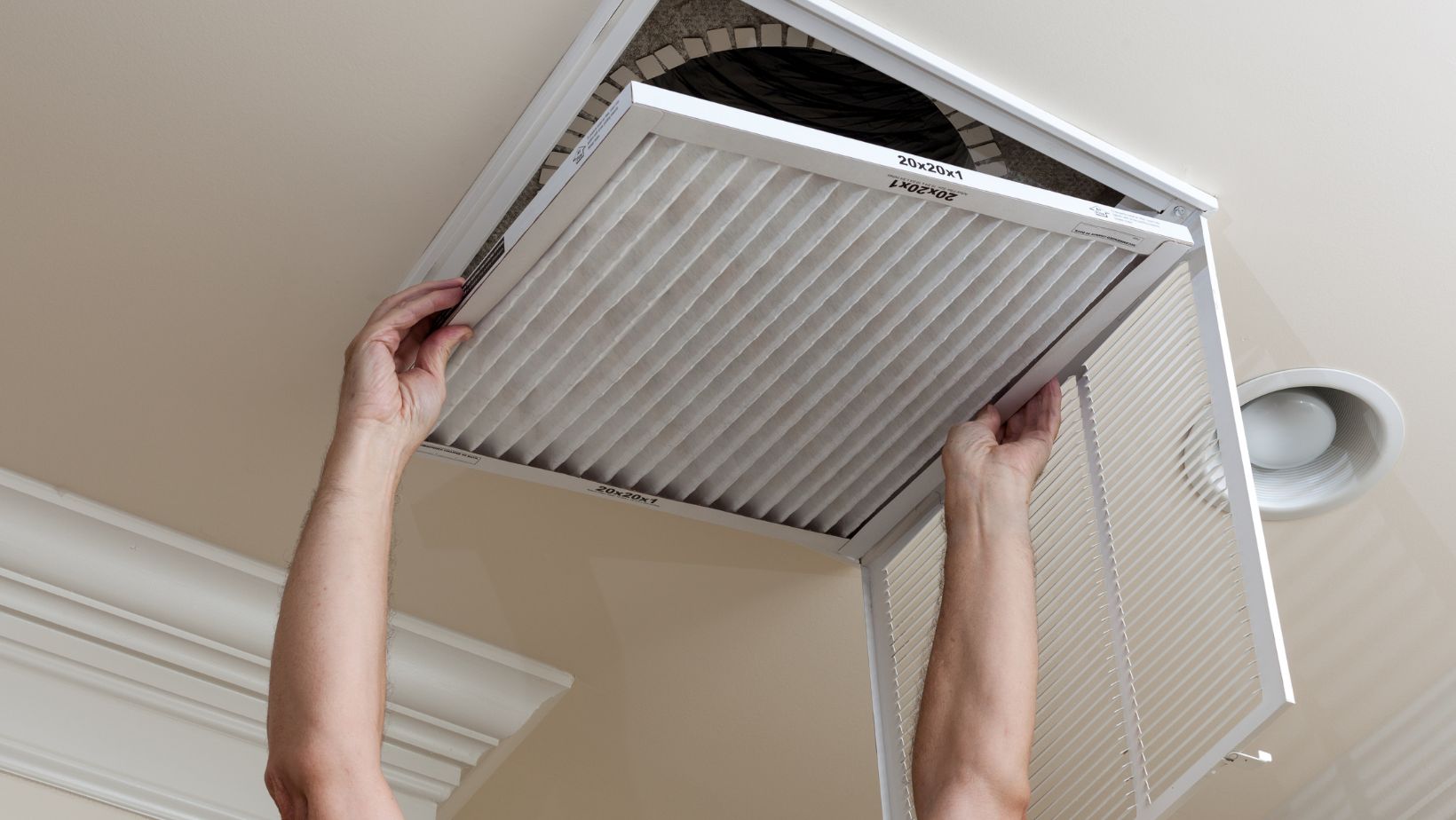Air Filters and FPR Ratings: What You Need to Know

Air filters play a crucial role in maintaining good indoor air quality and a healthy living environment. They help trap and remove particles, allergens, and pollutants from the air, ensuring you and your family can breathe easier. However, not all air filters are created equal. When choosing an air filter, one essential factor is its FPR –FPR meaning filter performance rating. In this article, we’ll break down what FPR ratings are and why they matter regarding indoor air quality.
What is FPR?
FPR stands for Filter Performance Rating, a system developed by Home Depot to provide consumers with a standardized way to evaluate and compare the efficiency of different air filters. FPR ratings range from 4 to 10, with higher numbers indicating better filtration capabilities.
Understanding the FPR Scale
Here’s a breakdown of the FPR scale:
FPR 4: Basic filtration.
These affordable filters offer minimal protection against larger particles like dust and pollen.
FPR 5-6: Better filtration.
These filters are a step up from FPR 4, providing improved protection against dust, pollen, and pet dander. They are a good choice for most households.
FPR 7-9: Enhanced filtration.
Filters in this range are highly effective at capturing smaller particles, such as bacteria, smoke, and mold spores. They are ideal for homes with allergy sufferers or areas with high pollution.
FPR 10: Maximum filtration.
FPR 10 filters offer the highest protection against even the tiniest particles, including viruses. They are recommended for healthcare settings and homes where the utmost air quality is essential.

Why FPR Ratings Matter
Understanding the FPR rating of an air filter is crucial for several reasons:
Health Benefits:
Filters with higher FPR ratings can help improve indoor air quality by removing a broader range of airborne contaminants. This can reduce the risk of allergies, asthma, and other respiratory issues.
Energy Efficiency:
Filters with the appropriate FPR rating for your HVAC system can improve efficiency. When your system doesn’t have to work as hard to push air through the filter, it can save on energy costs. To further optimize your energy efficiency and savings, it’s important to compare different energy providers and their rates. Evaluating options such as British Gas prices can help you find the most cost-effective energy plan for your needs.
Filter Replacement Frequency:
Knowing the FPR rating helps you choose the right filter for your needs. Higher-rated filters require less frequent replacement, saving you time and money in the long run.
Cost Considerations:
While filters with higher FPR ratings offer superior filtration, they may have a higher price tag. It’s essential to balance your budget with the level of filtration you need.
Choosing the Right FPR for Your Home
Selecting the right FPR for your home depends on several factors:
Allergies and Sensitivities:
If you or your family members have allergies or sensitivities to airborne particles, consider a higher FPR rating for better protection.
Location:
Living in an urban area with high pollution levels might warrant a higher FPR filter to combat the increased airborne contaminants.
Pets:
Homes with pets tend to have more airborne pet dander. Opt for a filter with an FPR rating that can effectively capture these particles.
Budget:
Consider your budget when choosing an air filter. While higher FPR-rated filters offer better protection, you must find a balance that suits your finances.

Regular Filter Maintenance
No matter the FPR rating of your air filter, it’s essential to maintain it regularly. Replace your filter according to the manufacturer’s recommendations, typically every 1 to 3 months. Regular maintenance ensures that your HVAC system operates efficiently and your air remains clean.
In conclusion, understanding FPR ratings is essential when choosing the right air filter for your home. It directly impacts indoor air quality, energy efficiency, and your family’s health. By considering factors like allergies, location, pets, and your budget, you can make an informed decision and enjoy clean, fresh air in your home. So, next time you’re shopping for air filters, remember to check the FPR rating to make the best choice for your indoor environment.


